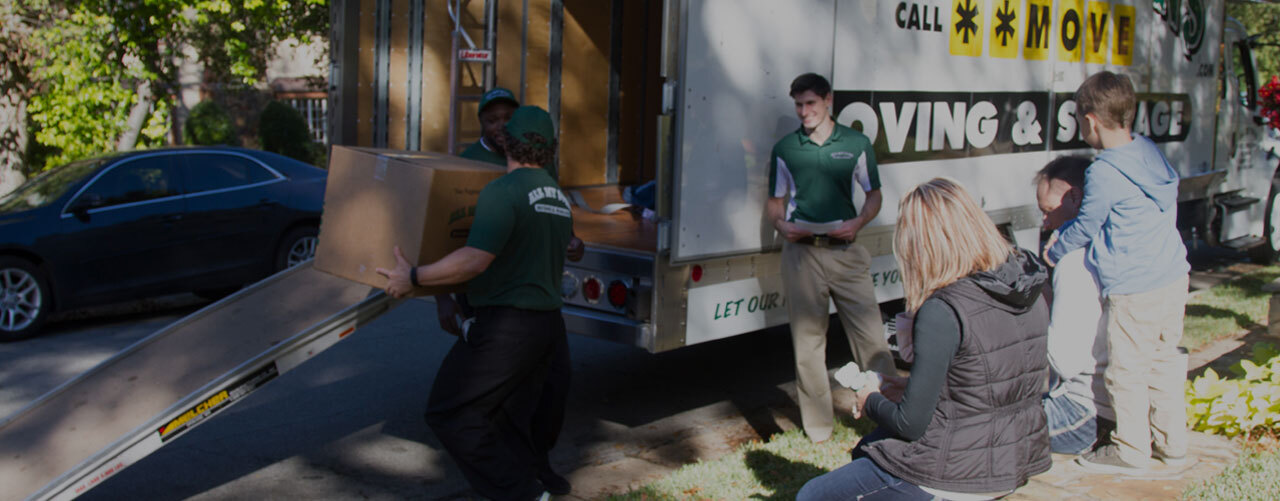New Home, New Car
Now that you are all settled in, you notice your car doesn't match your home. The car helped you in the past but now is becoming an expense, after all it is a depreciating asset. You decide you want to lease a car this time, and change cars ever 2 years. That sounds fun, but before you sign any contract, take into consideration some important details. As you plan your move to Memphis, determine if the time is right for a new car.
What do you look like on paper?
Know your credit score before stepping inside of a dealership, and determine if you can get a cosigner if the need arises. Ask the leasing company for the leasing contract paperwork, so you can look it over carefully, at home. Determine what you can afford monthly.
How far do you drive?
If you drive more than 15,000 miles per year, you will get penalized if at the end of that 2 years your odometer reads over 30,000 miles. You can buy extra miles at the beginning of the lease or negotiate them in. Make sure it is all in writing, as well as how much wear and tear the car is allowed to have.
What are you really paying for?
Payments for leases are typically much lower than loan payments because you are paying for the residual value of the vehicle (current cost of auto-expected value at end of lease term), not the total sales amount. The lease price of your selected vehicle determines how low your monthly payments will be. This is when your negotiation skills come in handy, the lower the lease price, the lower your payments. You are better off leasing a vehicle that does not depreciate as rapidly, such as Toyotas, Hondas, or Fords. You can research what cars have the best resale value
What lease fits you?
Most people have closed-ended leases, while others have open-ended. Closed-ended entail returning the car at the end of the contracted period, and with some additional costs such as extra miles or damages. These cost the most because the dealership assumes there will be a loss in the value of the vehicle. An open-ended lease is when the lease assumes the risk, meaning if the actual value is less than the stated value, it would be your responsibility to pay the gap. This option is better for businesses, which are more apt to handle the risk.
Can fees bring you to your knees?
Let's not forget the fees, because they rhyme with lease. Processing fees, taxes, security, first month's payment, or your arm are just a few to start. A down payment may be required, the amount ranges from small to a few thousand depending on the vehicle you want, and your creditworthiness. Keep in mind you do not get your down payment back at the end of your lease. In addition to the accumulated fees, you need to get insurance based on the terms outlined by the leasing company.
The costs of leasing a vehicle can be viewed as rent or a waste of resources. Determine what you can afford, and do your research. Doing this process correctly can save you money in the long run. If you default on payments there are serious financial and credit penalties. That shiny car will be out of your driveway before you get up in the morning, or there till you replace it with another shiny car, the outcome is up to you.

